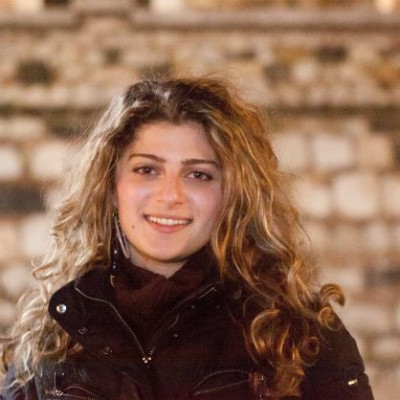Interactive Presentation English (Bilingual Q&A)
Home is Where You Feel Safe and Supported: Vulnerabilities and Empowerment of Foreign Women in Disasters and Crises in Japan
Disasters and crises are becoming the norm. Disasters and crises have a social nature and the concept of “home”, both as an infrastructure and a relational concept, is crucial to address disaster challenges. In particular, the association of women with the image of “home” often grounds discourses of women as weak and vulnerable. Are women really weak and confined to the domestic space, or is it a narrative that teaches them/us how they/we are vulnerable? In her PhD at Kyoto University, Irene Petraroli analysed women’s vulnerabilities in disaster preparedness in Kyushu and Kansai, Japan. She found that some aspects of female vulnerabilities and empowerment overlap in the home environment: women are expected to provide for other family members, but they are given insufficient information and lack decision-making power at the local and governmental level. Nina Hakkarainen founded Foreign Women’s Association Paruyon in 2007. Paruyon’s goal is to support foreign women by providing opportunities to meet other foreign and Japanese women, receive and exchange information, and build a community, “a home” to turn to in times of crisis. The pandemic has highlighted vulnerabilities foreign women face in Japan. It has increased their isolation as well as their dependency on their spouses/partners/children. Nina will talk about these vulnerabilities and share her own journey of building safe spaces, “homes away from home” for foreign women in Japan.
The presentation will be in English but the presenters will also accept questions in Japanese.
-

Irene Petraroli holds a Ph.D. in global environmental studies at Kyoto University, an MPhil in Development Studies from Oxford University, and a BA in Political Science from LUISS University in Rome. Her research focuses on the gender and cultural aspects of disaster prevention, mitigation, and communication. Her interest in disaster preparedness comes from her long-standing fascination for social and cultural studies, especially related to the issues of gender and ethnicity, during social and state disruption.
